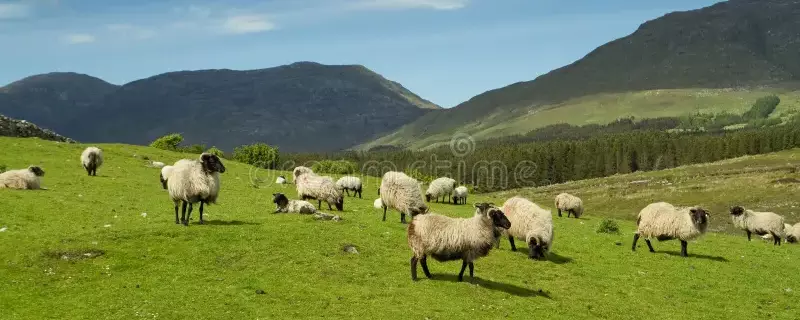

In New Zealand, famous for its green hills with grazing sheep, farmers are turning to forestry. Now instead of sheep they grow pine trees. The Guardian talks about the consequences of New Zealand's environmental policy.
New Zealand, which is aiming for zero greenhouse gas emissions by 2050, is encouraging the development of forestry. Growing forests instead of animals, they conceived, would reduce greenhouse gas emissions and increase their absorption at the same time.
New Zealand sheep farmers were motivated by profit. The country began to trade quotas for greenhouse gas emissions. Large companies around the world are buying them to offset their climate impact. Thanks to this, pine forests, which absorb carbon dioxide, can be sold several times more expensive than agricultural land.
For nearly a hundred years, mutton, lamb and wool have been New Zealand's largest source of national income. In the 1980s, there were twenty times more sheep in the country than people. Now, as a result of a multiple reduction in the number of sheep, it is only five.
Sales of farms to forestry have been increasing over the years, according to a recent study by New Zealand farming organization Beef and Lamb. If in 2017 seven thousand hectares were sold, then in 2021 - already 21 thousand.
At the same time, experts say that the country will not reach "clean zero" only by planting pine trees. Environmentalists have expressed concern that the pine tree could disrupt local ecosystems. Residents pay attention to damage from forest debris after a hurricane. In response, New Zealand authorities announced in June 2023 that they would review the role of pine forests in the emissions trading scheme.



